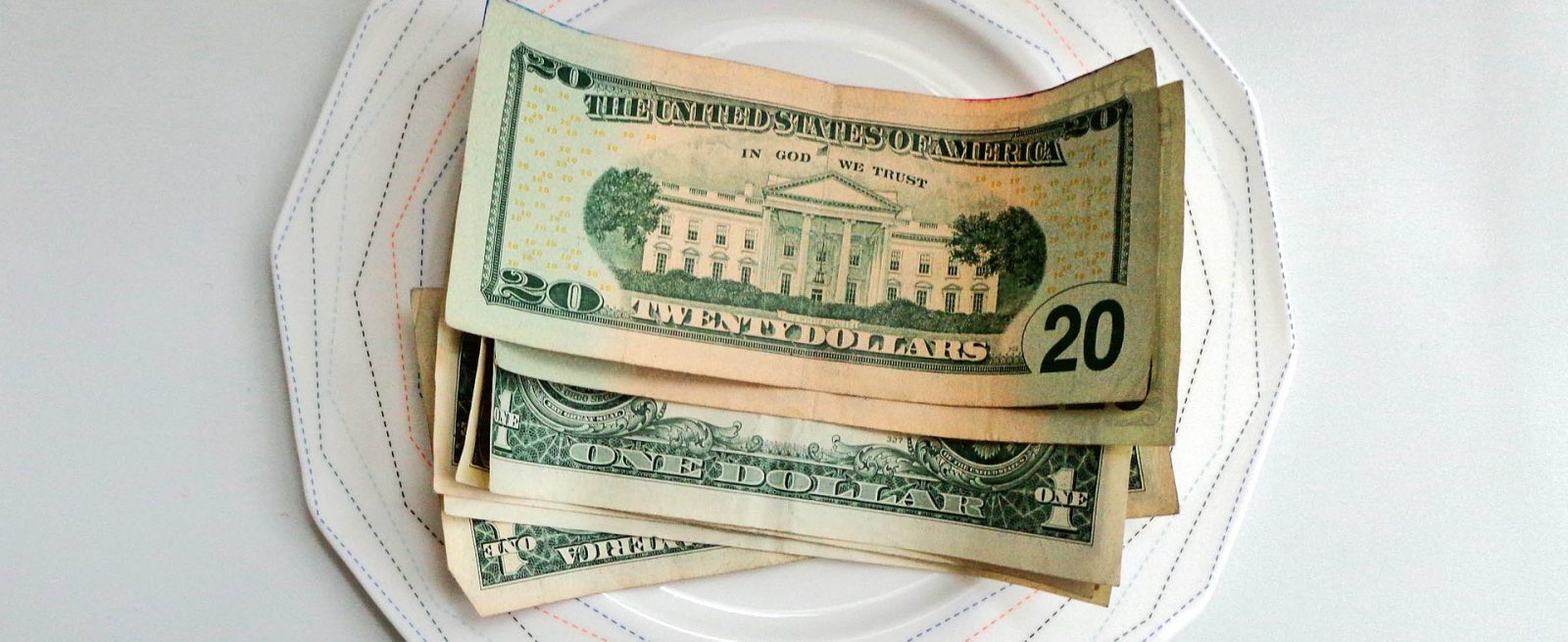Net 20 Percent in Profits with These Restaurant Profit Optimization Tips
3 Min Read By Nick Rojas
The success of a restaurant hinges on multiple factors. From food costs to labor, it can be challenging to churn out a profit. However, savvy restaurateurs can employ a few profit optimization techniques to maximize profits.
The Anatomy of a Successful Restaurant
To make your restaurant successful, you first need to know what a successful restaurant looks like. This means following every dollar spent toward success. You must first identify where your money is going and decide if that is the right place for dollars to be spent. But where is the right place for your dollars to go?
Non-Controllables and Controllables
It all comes down to two main factors regarding your expenses: controllables and non-controllables.
- Non-Controllables: Non-controllables are simply out of your control, such as rent, equipment, insurance and utilities. These are all fixed expenses. However, rent is a non-controllable used to measure sales needed. Rule of thumb: rent should be 10 percent of your monthly sales.
- Controllables: Controllable expenses are in your control and include food, labor and supplies. Rule of thumb: food cost should be around 30 percent, labor should be 25 percent and restaurant supplies should be around two percent. So ideally, your controllables should be somewhere between 55 to 60 percent of your spend.
Let’s say your restaurant rent is 10 percent, and other non-controllables average 12 percent, plus 60 percent controllables. This leaves you with a 19 percent profit. If you can churn out 19 cents for every dollar made, you have yourself a successful restaurant on your hands.
How to Measure Your Controllables with Restaurant Profit Optimization
Restaurant profit optimization is all about measuring your food and labor expense, since these are your largest controllable costs. But how can you calculate these costs to make them profitable?
Understanding and Correcting Restaurant Labor Cost
To calculate your restaurant’s labor cost, simply dividing payroll by sales of a specific time period. For example, for one month your payroll was $5000 and your sales were $12,000. That gives you a labor cost of 41 percent.
If your labor cost is more than the profitable 25 percent, you can correct it by scheduling hours and not staff. Restaurants normally make a certain amount of money each day. For instance, you may make $2,000 on Tuesday, but $8,000 on Friday. However, you have six people working on both of those days. This means some staff are not really needed on Tuesday to net the same sales.
To get your labor cost to 25 percent on Tuesday, you can only spend $500 on labor since sales are $2,000. If your hourly wage is $15, you can only schedule 33 hours of labor. This simple equation based on daily sales will help you get that 25 percent of labor cost you need to be profitable.
Understanding and Correcting Restaurant Food Cost
Calculating the cost of one period plus the following period and dividing it by sales of each period measures food cost. Two periods are used due to inventory overflow and less orders needed n the following period.
To find out if your food cost is hitting the 30 percent benchmark needed to churn a profit, you need to identify where your food costs are going astray. This could be theft, or it could be your pricing is off.
To hex any food theft, simply put this measurement in place and let everyone know the close eye you have on food costs. This will pretty much keep staff from stealing, or they will just find another restaurant to work at where they can steal food.
To get your food pricing on target, examine your top three plates and measure out ingredients. Do this by weighing each amount at cost and dividing them by 0.32. The number your get should be the price of the plate.
For instance, let’s say your plate ingredients add up to $3 per plate. Divided by 0.32 and your plate should be priced at $9.38. If your price per plate is lower than this, you know exactly where your profits are going.
How Long Do These Restaurant Profit Optimization Tactics Take?
It is essential to remember that patience is a virtue in the restaurant business, especially when making changes. You will need to continually tweak and track your controllables to see the profit margins in the sweet spot.
It could be months before you begin seeing that 18 to 20 percent profit trickle in. But as it does, you will begin seeing new financing opportunities for new kitchen renovations or that next location.
Most lenders take payment from loans based on the profit you show, you can get better restaurant loans and way better loan terms. This could be the turning point from small restaurateur to household name.
Are You Ready for Success?
Make your restaurant successful with these restaurant profit optimization tactics. They are easy to employ and may make a big impact on your bottom line. The best part, you know your business better than anyone else and having more profitable goals in place are very attainable. How will you incorporate these tactics for success into your restaurant?


